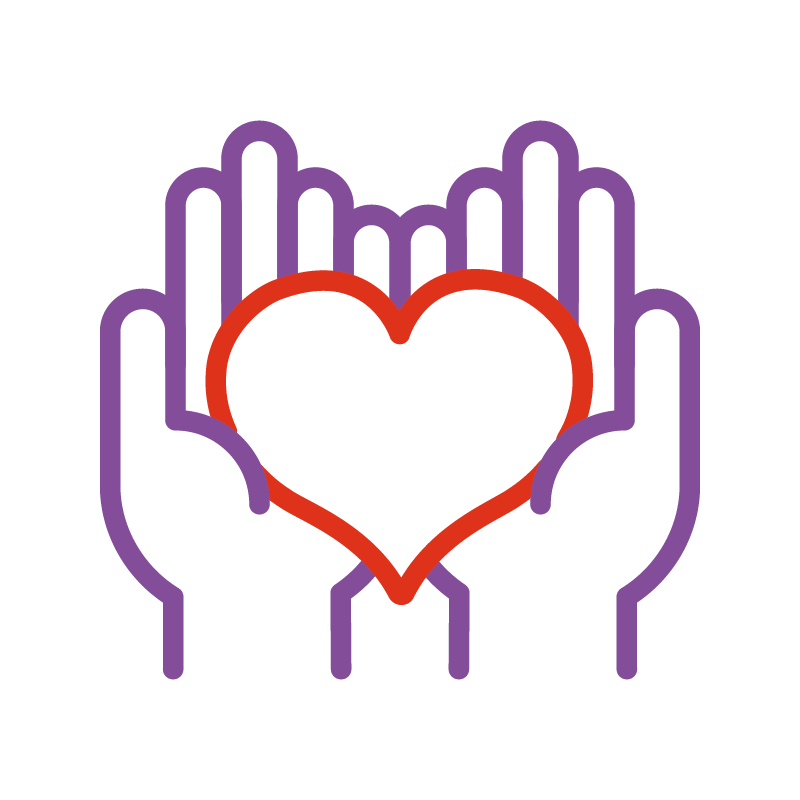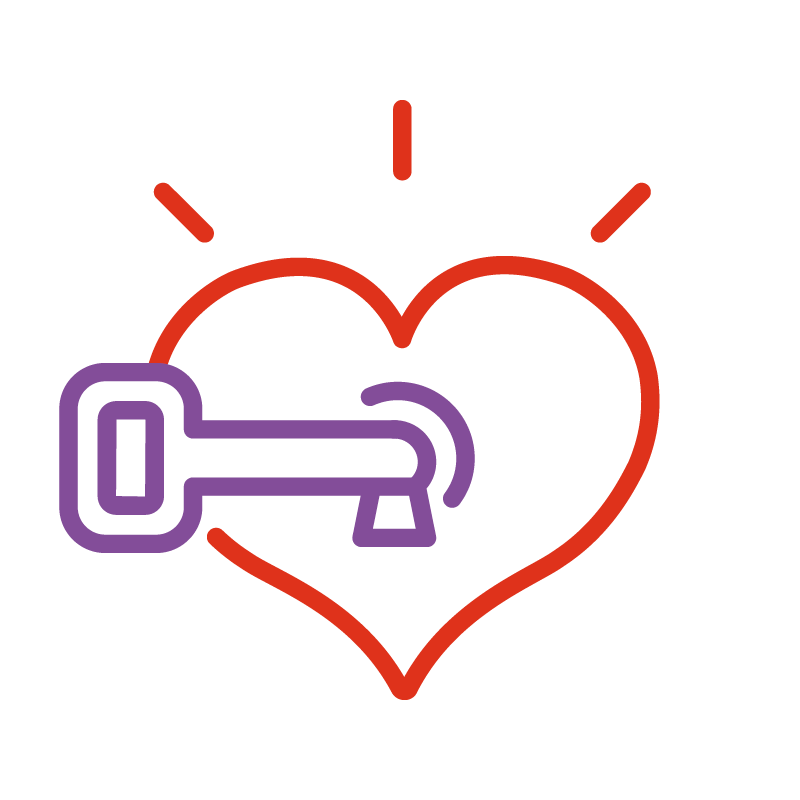The Benefits of Grief Support Groups
While participants benefit greatly from our Support Groups, they are not Therapy Groups where facilitators diagnose or treat emotional and/or behavioural problems, although group interaction can be very therapeutic. The groups are rarely led by professional counsellors, but rather by facilitators over the age of 18 who are chosen by the site leaders and trained by Growing Through in listening and group facilitation skills.
Benefits of our Grief Support Groups include:
| Large numbers of attendees are not needed — 2-6 young people = an ideal group. | Each site needs only a group coordinator and two facilitators per group of 2-8 attendees. (the coordinator can also be one of the facilitators) |
| Once a kit is purchased, the cost of this community outreach is minimal, involving mainly the printing of our reproduceable materials. | Groups can be facilitated by people who have limited time in their weekly schedules: Beforehand preparation takes approximately 30 minutes. The group meets for 1½ – 2 hours, followed by a facilitator’s debrief of 30 – 60 minutes. Total time invested = 3½ hours per week for 12-13 weeks of the year. |
| Growing Through representatives offer on-site facilitator training and ongoing support. (If there is no representative in your area, the kit contains a training DVD and ongoing support is offered through email, Messenger, or Zoom) | Attendees are offered timely access to local grief support, preventing emotional and behavioural problems that could later arise from unresolved grief issues. (Please note: The groups are offered free of charge, because those who need the most help can rarely afford to pay for it) |
|
Please note: Due to administrative responsibilities, the overall coordinator will need to allow approximately 3 additional hours per week. Of course, to minimise time, the coordinator can delegate responsibilities. The coordinator will also need to allow considerable time before the course begins for ordering materials and advertising in the community. |
Personal interaction between facilitators and attendees is extended over 12-13 weeks. Participants form friendships that often last beyond the support group, and often attend other functions offered by the sponsoring church or organisation – i.e. Sunday School, youth group, Holiday Bible Club, Camps, etc. |
Our Support Groups Provide:

A healthy medium for honest sharing of personal experiences and feelings.

Active listening support that gives attendees a voice and validates their feelings.

How to accept and integrate loss into one’s life story and move forward to the next chapter in a positive way

An opportunity for attendees to learn coping skills and things they can do to help themselves adapt to new situations.

A safe, non-judgmental environment that enables attendees to explore and verbalize powerful emotions they might otherwise keep to themselves.



